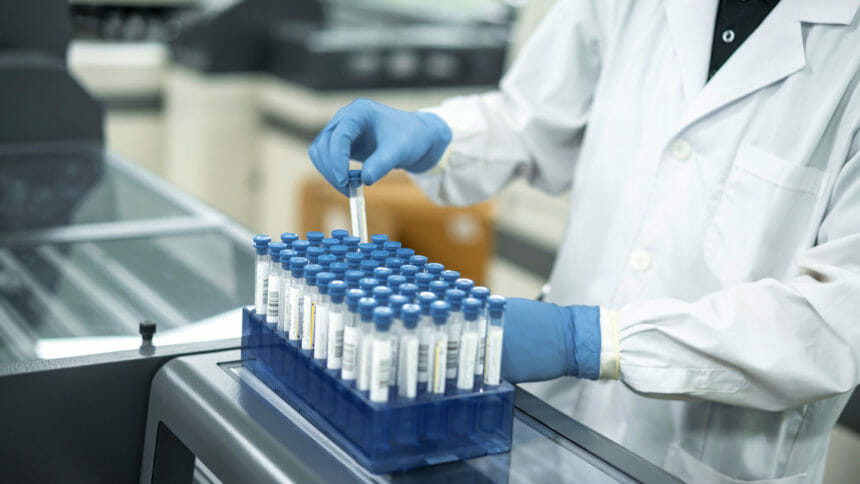
In clinical tests, a new drug has succeeded in alleviating rheumatoid arthritis symptoms in patients who had found no relief from traditional therapies.
Halfway through a large, 24-week study, joint swelling and tenderness decreased by at least 20% in a significant number of participants taking a daily dose of an experimental compound called filgotinib. By the trial’s end, more than 37% had low disease activity and more than 26% had complete remission. Notably, the drug worked in cases where conventional small-molecule drugs and injectable biologic drugs had failed, Stanford investigators said.
“For patients who haven’t done well on other therapies, these findings are cause for optimism, enthusiasm and hope,” said researcher Mark Genovese, M.D., professor of immunology and rheumatology.
Conventional arthritis drugs and more expensive bio-engineered medications fail in about 50% of rheumatoid arthritis cases, Genovese said. The new experimental compound works by preferentially blocking one of a set of four closely related enzymes required for certain inflammatory signaling processes within cells.
A paper describing the results of the double-blind, randomized phase-3 clinical trial was published July 23 in JAMA.



